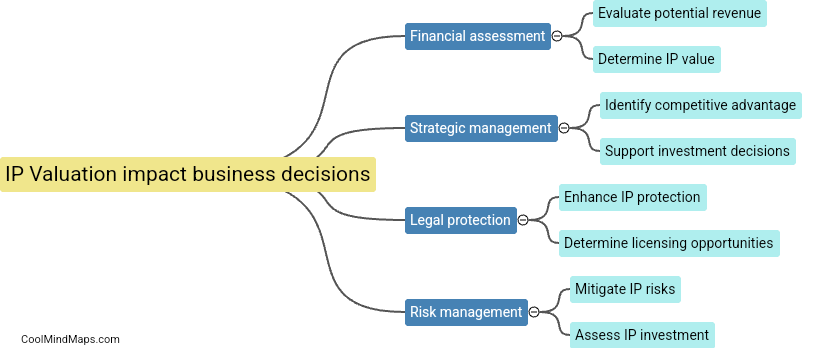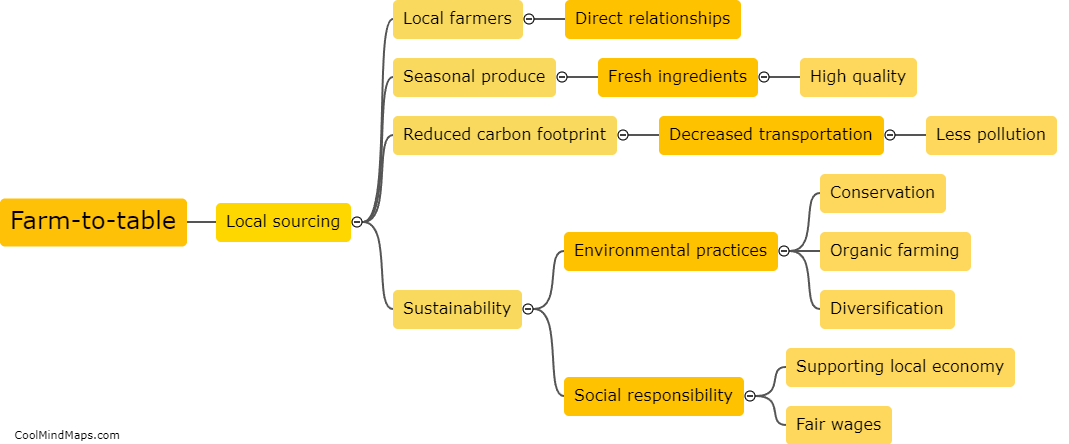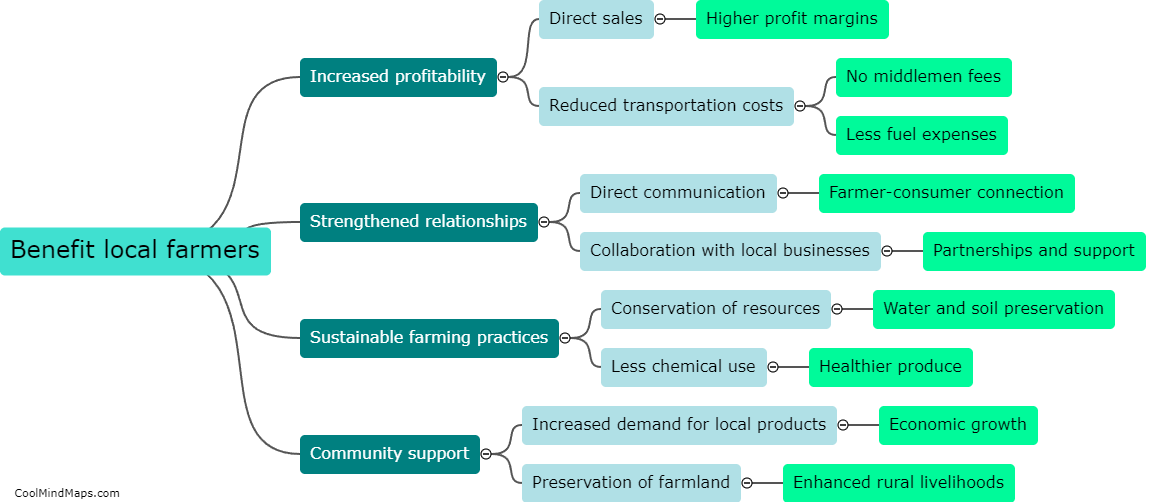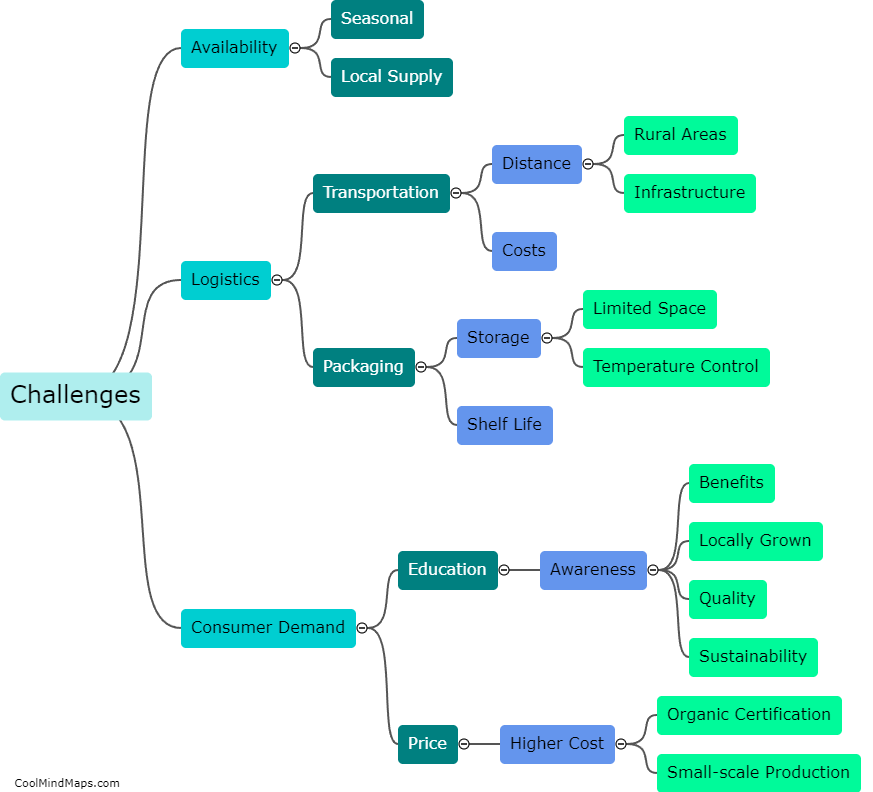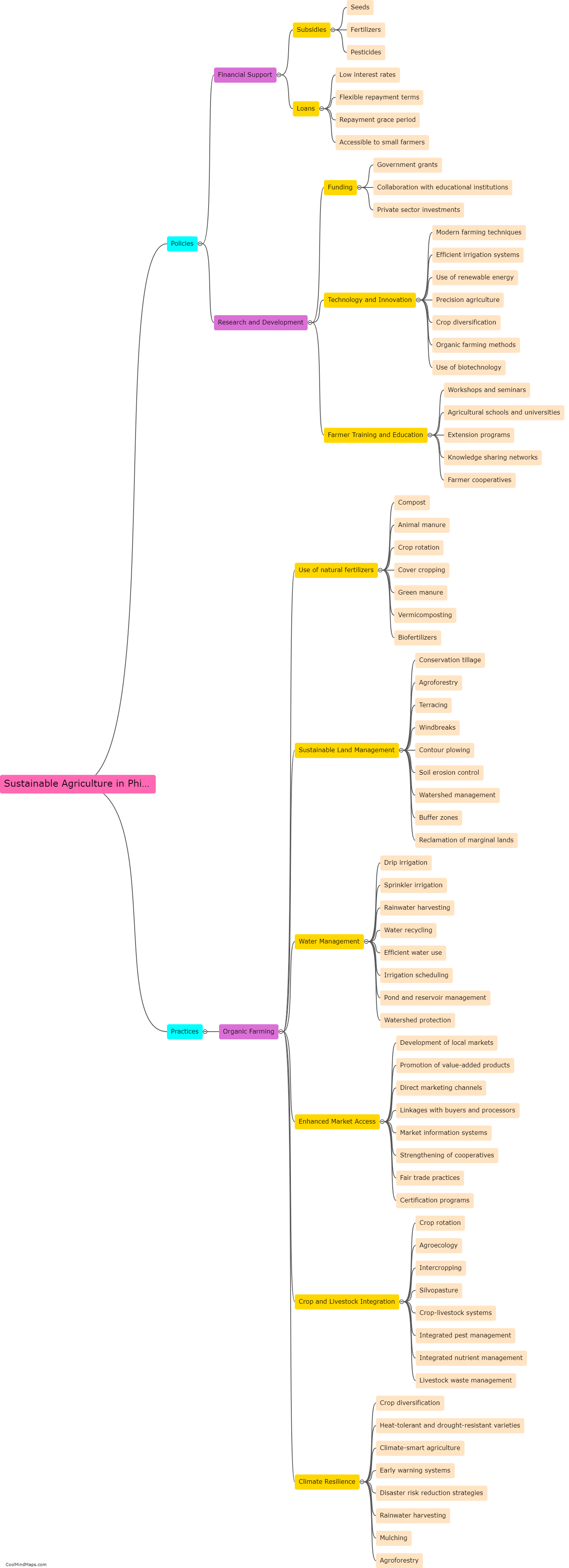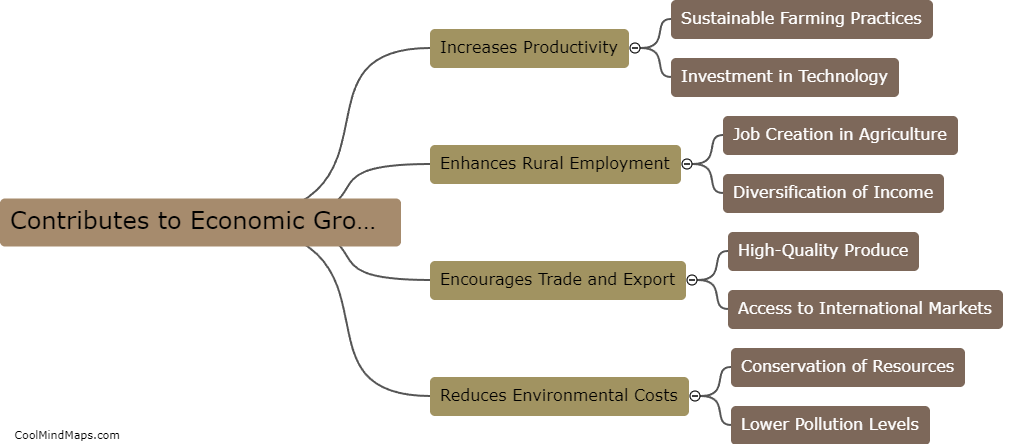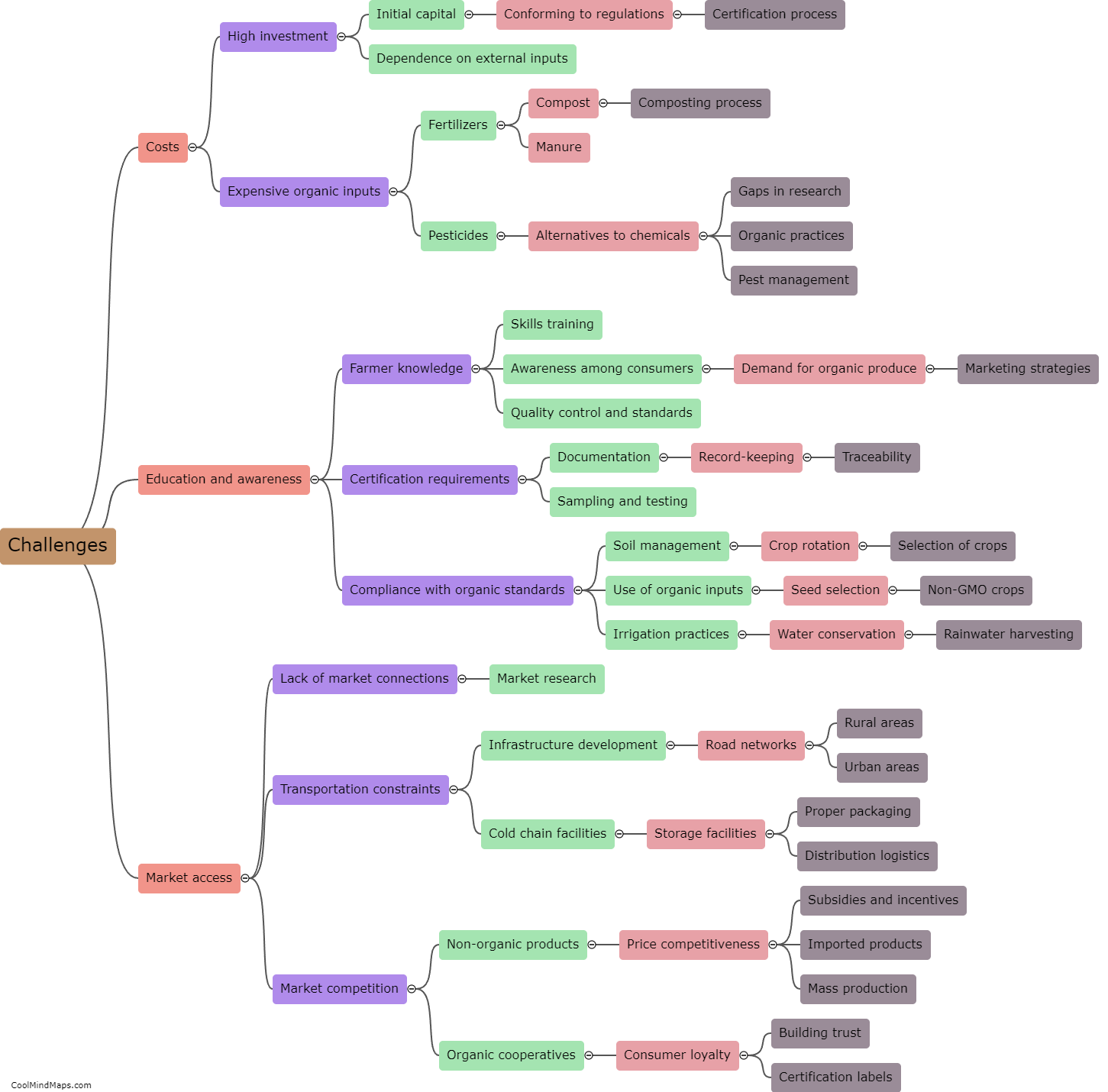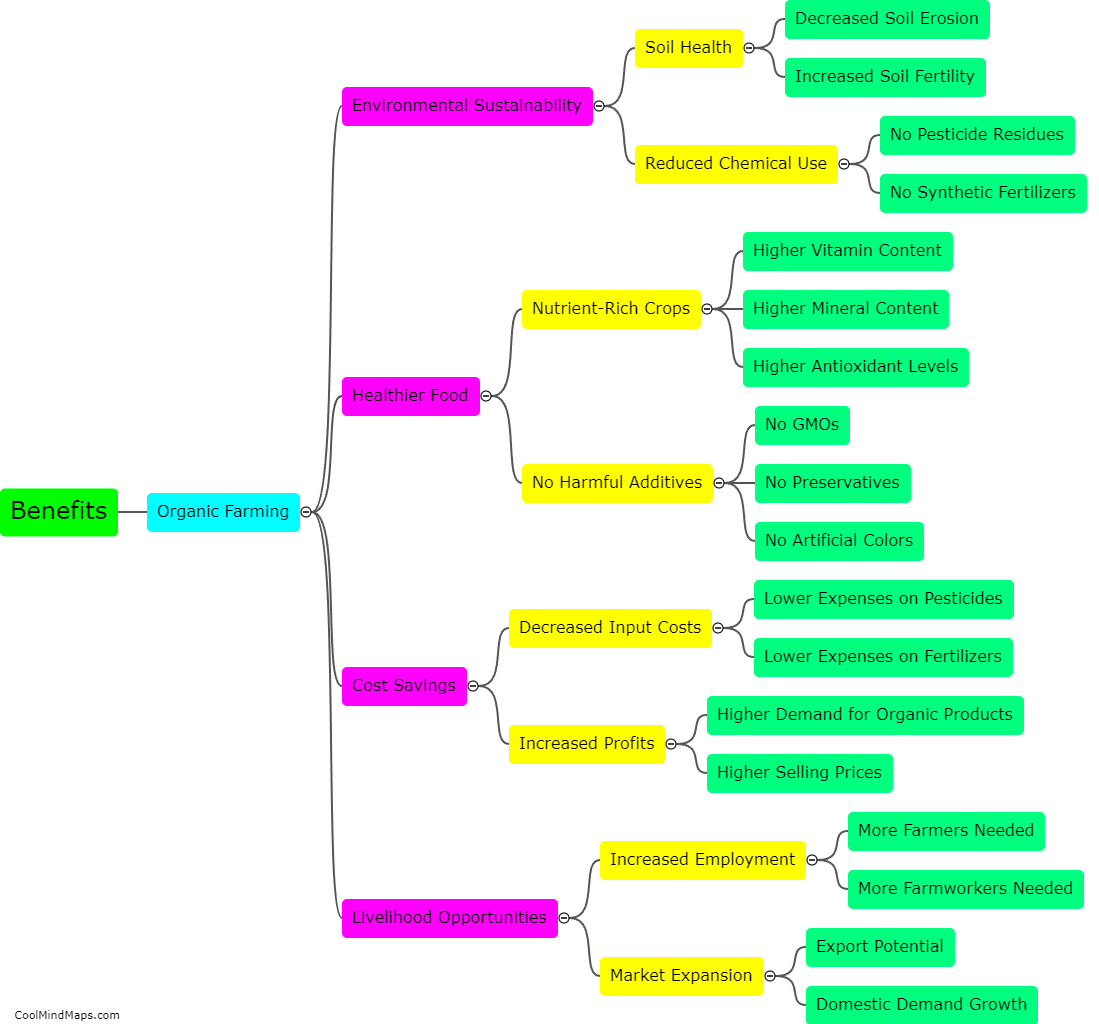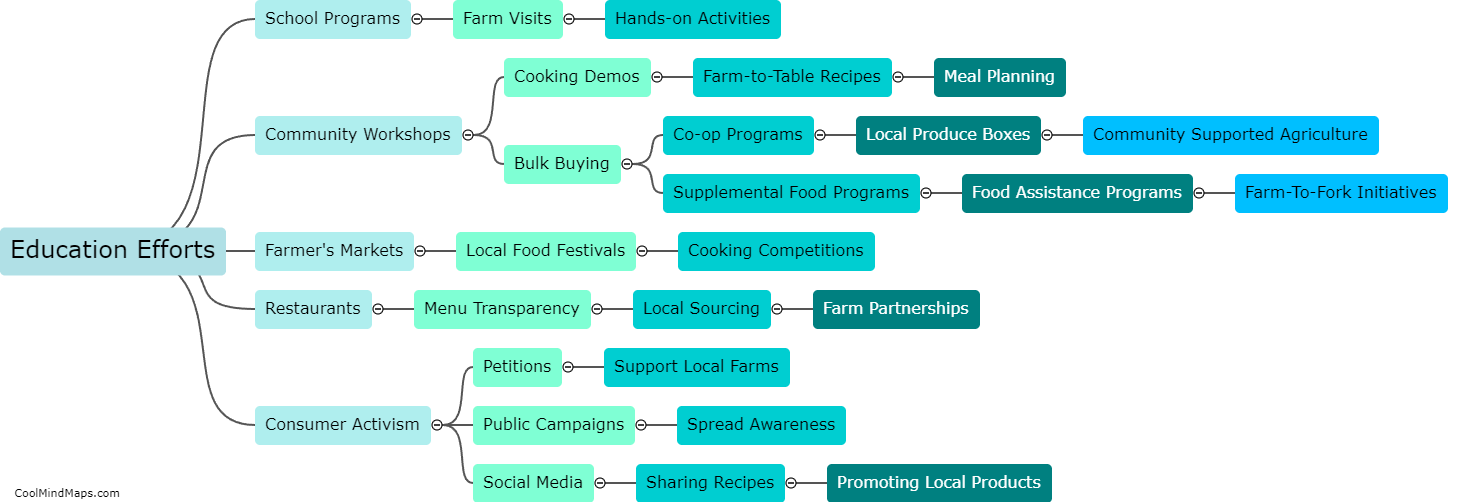What are the various sustainable farming practices in the Philippines?
The Philippines, as an agricultural country, has been adopting several sustainable farming practices to ensure the long-term productivity of its agricultural lands. These practices include organic farming, conservation agriculture, agroforestry, and integrated farming systems. Organic farming promotes the use of natural fertilizers and pesticides, thus greatly minimizing chemical inputs and potential environmental damage. Conservation agriculture focuses on minimizing soil disturbance and maintaining soil cover through techniques like minimum tillage and mulching. Agroforestry integrates trees and crops in the same area, enhancing biodiversity and allowing for better ecosystem services. Integrated farming systems promote the intercropping of crops, livestock, and fish to maximize the utilization of available resources and reduce waste. These sustainable farming practices not only contribute to environmental conservation and resilience but also help in fostering food security and livelihood opportunities for rural communities.
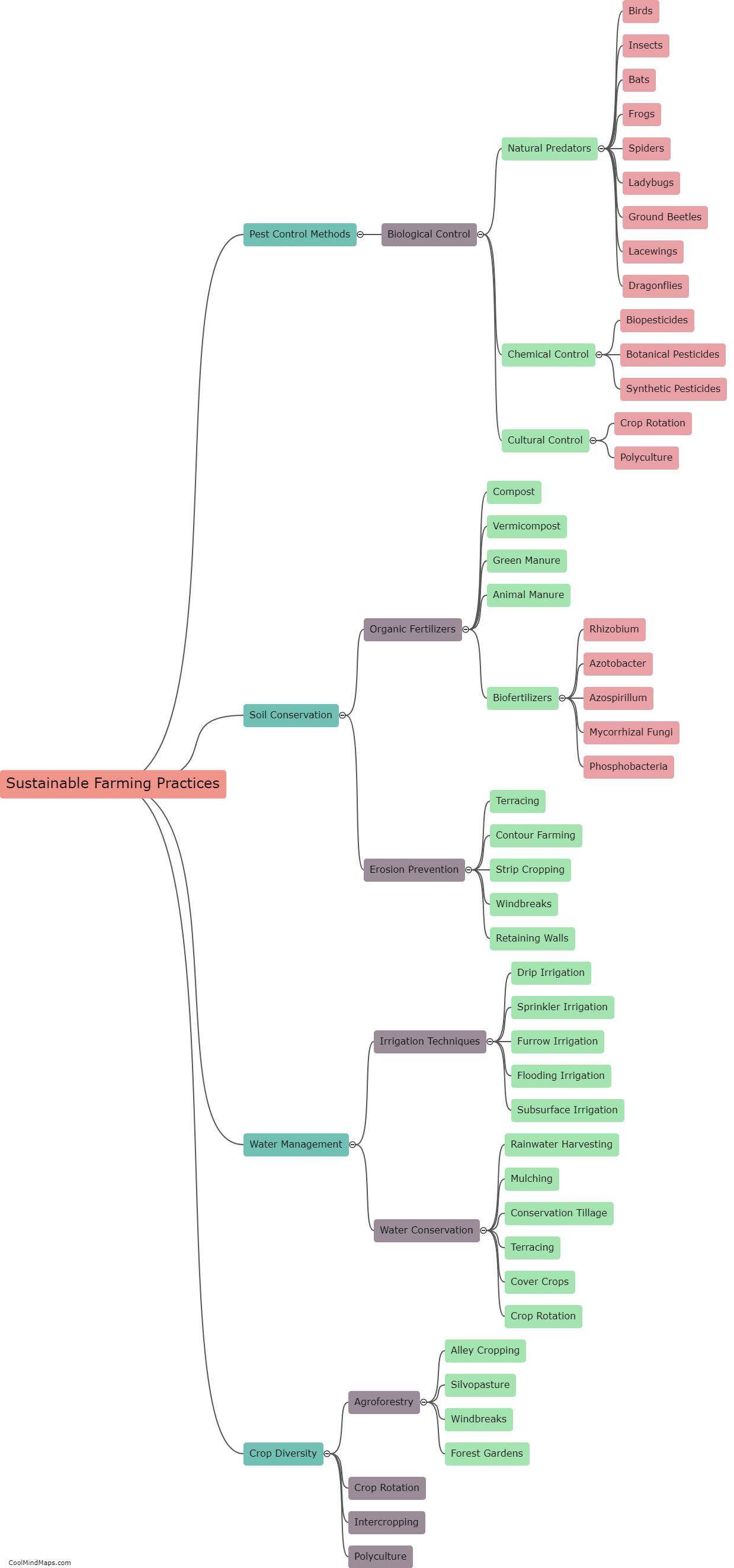
This mind map was published on 2 July 2023 and has been viewed 85 times.



